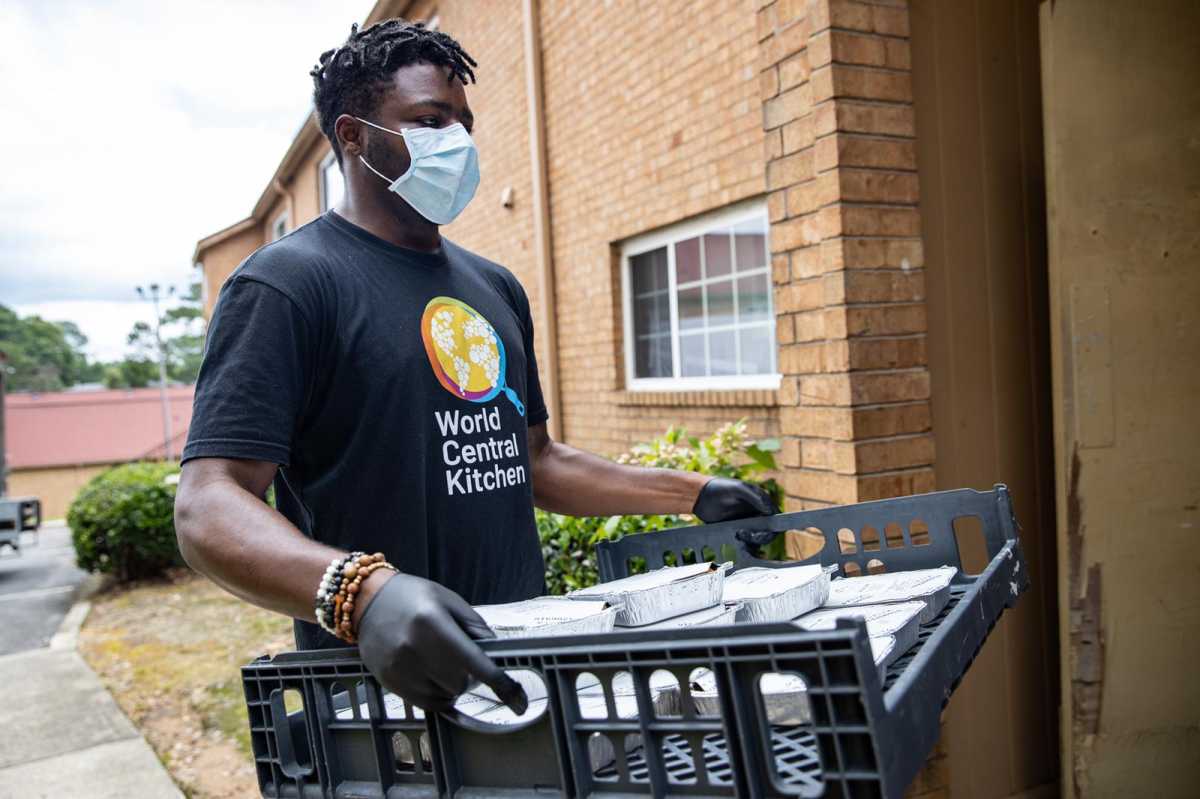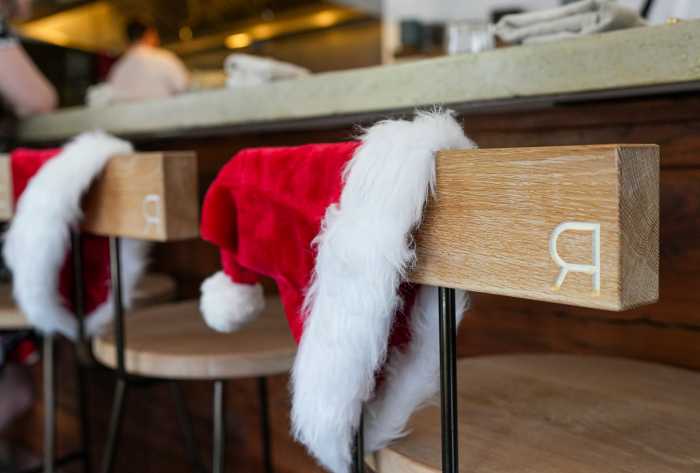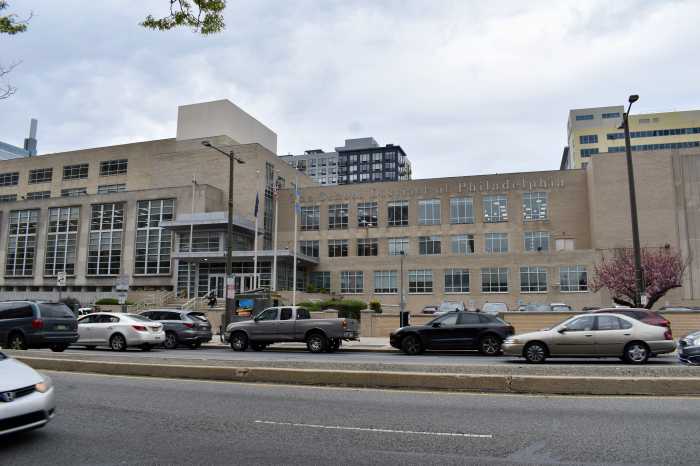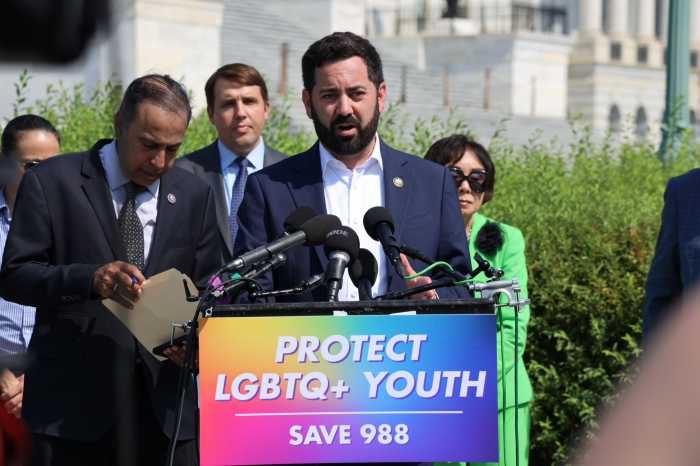COVID-19 has brought an assortment of struggles for many, with hunger at the top of the list. To help fuel the fight against hunger, one local brand is stepping up to the plate, but getting to the point where they could provide financial relief was certainly its own struggle.
Wines ‘Til Sold Out (WTSO) is a leading provider of wine online with a focus on offering the lowest price to the consumer while simultaneously providing quality wines. The business was started by a sibling duo—Joe and Elliot Arking—and the sense of putting people first does not just shine through to their customer base. Since the company’s inception in 2006, most employees have stayed on until this current day. Even with their “family-first” mentality with a focus on campaigns that mirror those values, reaching their goal of helping four to five charities a year can bring some unforeseen, yet not quite surprising obstacles.
“A lot of organizations frown upon alcohol and wine, so it does make it tricky,” says Julie Blount, Director of Customer Service for Wines Til Sold Out. “They don’t want to be tied to something that’s not healthy basically, even if we’re offering them $50,000. It’s always been a challenge for us to find different charities.”
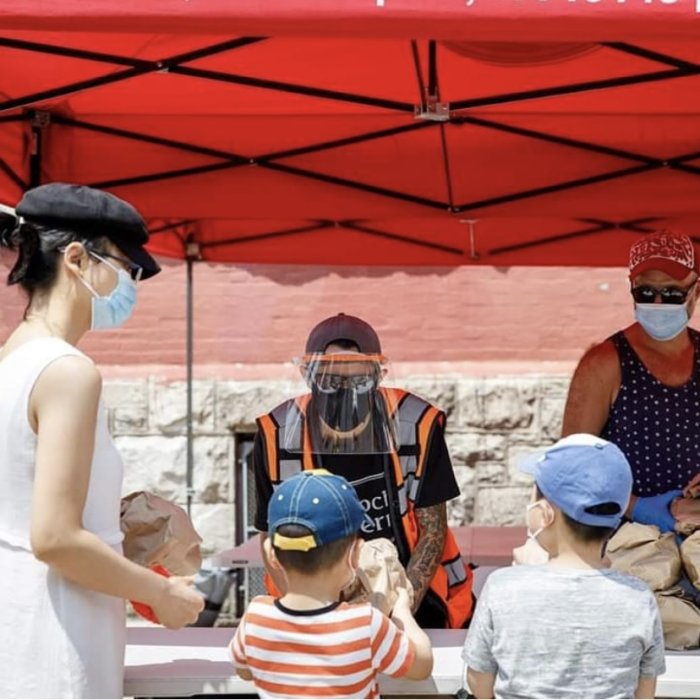
It seems a bit confusing as to why money would be refused, but in a world where even network television is censored by advertisers, this ideology makes a bit of sense. Yet, WTSO has figured out a way to hop through those hoops and after having a deal fall through with a celebrity-backed company for that exact reason, the company decided to reach out to find their next source of charitable giving. With their latest campaign launching on Giving Tuesday, WTSO set their sites on donating $30,000 to two hunger relief charities. The two organizations receiving the $15,000 each include the Southeast Asian Mutual Assistance Association Coalition and World Central Kitchen, headquartered in Washington D.C.
“This is an opening for everybody’s eyes to see the struggles certain people are going through,” says Blount. “I feel like with our customer base, tying them in is just trying to bring awareness to the struggles of less fortunate people.”
With over 100 submissions, the organization decided to go with both one local and one national charity. SEAMAAC, is a local organization that supports and serves immigrants and refugees and other politically, socially and economically marginalized communities in the Philadelphia area.
“Because we’re based in New Jersey, Philadelphia’s right across the bridge,” explains Blount. “We started looking at what they [SEAMAAC] actually did as far as community, and we loved the fact that they work with immigrants and do a bunch of other things for the community.”
That notion of 100% proceeds going to fight hunger is a topic that people could wonder about: Is the money spent really going to where it says? In the case of SEAMAAC, that question was answered.
“What kind of impressed me with them [was how] they broke it down. I would never have thought about this before, but the operations of the organization need funding to make things happen. They need protective gear to hand out food in all these places, they need to travel, there are so many pieces in it all,” adds Blount.
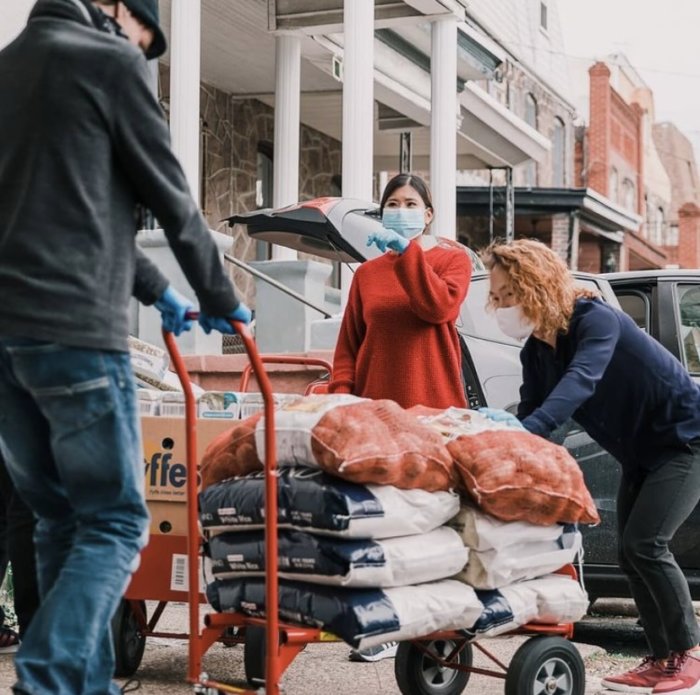
World Central Kitchen, on the other hand, is a global nonprofit organization that uses the power of food to heal communities and strengthen economies in times of crisis and beyond. According to the release, the organization was founded in 2010 by Chef José Andrés and since then, WCK has created a new model for disaster response through their work helping devastated communities recover and establish resilient food systems. Their COVID-19 relief program provided over 33 million meals to vulnerable communities while also supporting local restaurant businesses and feeding frontline healthcare workers.
“I feel like with the pandemic, there are so many things that are going on with what is in the news. You see it happening and you may not really relate to it because you’re not affected in that way,” says Blount. “It was really important to contribute to these massive amounts of people that are going through food insecurity. That is something that goes on regardless of a pandemic or not, [but with COVID] it has brought awareness to the struggles that people are going through.”
WTSO is hoping to make a mark with small businesses next, but they need the means to be able to provide that help.
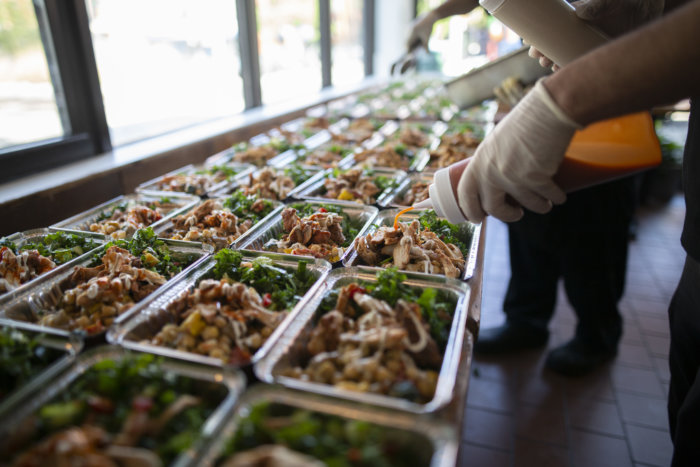
“It’s actually hard for us to give back because of what we sell. Because of our business, it’s tricky for us to find nonprofit organizations that we can help and bring awareness in our organization,” explains Blount.
Luckily, with people’s help— as WTSO just saw this year— that can be changed.
For more information on WTSO, visit wtso.com



